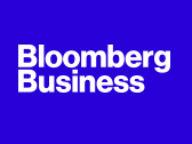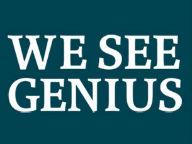Faculty News
—
Professors Kim Schoenholtz and Lawrence White discuss the merits of reviving Glass-Steagall
—

Excerpt from The Atlantic -- "...separating investment and commercial banking would not have prevented the financial crisis, and its re-imposition will not prevent the next one. ... Unfortunately, since the removal of the Glass-Steagall restrictions in 1999 had no connection to the financial crisis of 2008—all of the "bad actors" of the 2008 crisis could have done all of the same things even if Glass-Steagall had been in place—the whole notion of a revival of Glass-Steagall is misguided."
Faculty News
—

Excerpt from The Atlantic -- "...separating investment and commercial banking would not have prevented the financial crisis, and its re-imposition will not prevent the next one. ... Unfortunately, since the removal of the Glass-Steagall restrictions in 1999 had no connection to the financial crisis of 2008—all of the "bad actors" of the 2008 crisis could have done all of the same things even if Glass-Steagall had been in place—the whole notion of a revival of Glass-Steagall is misguided."


















